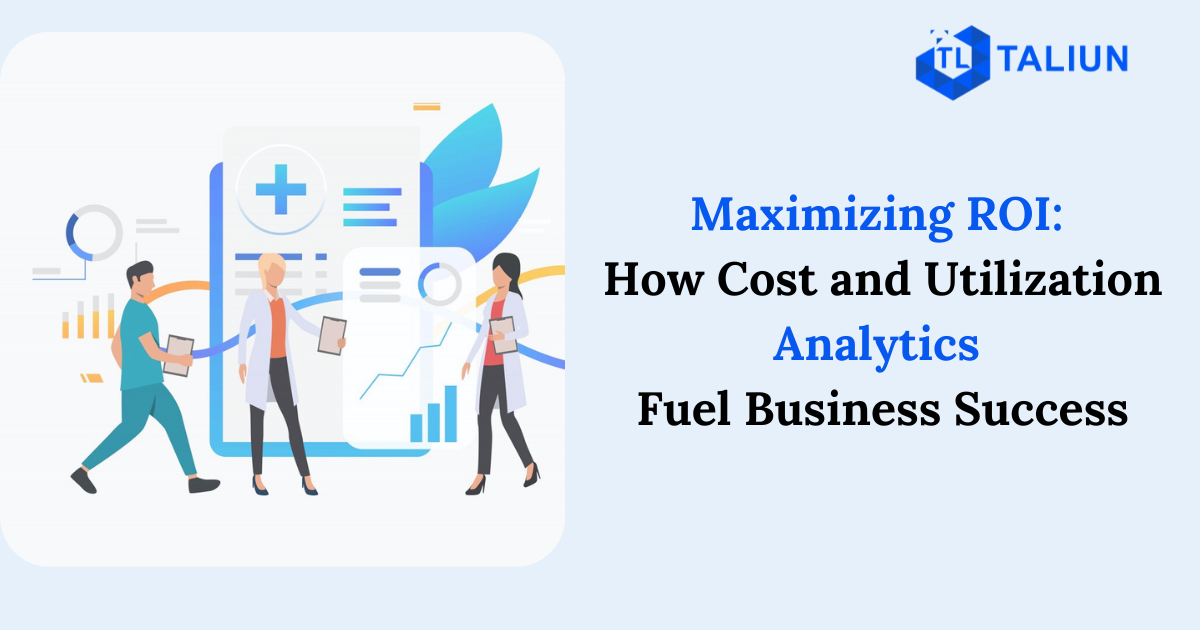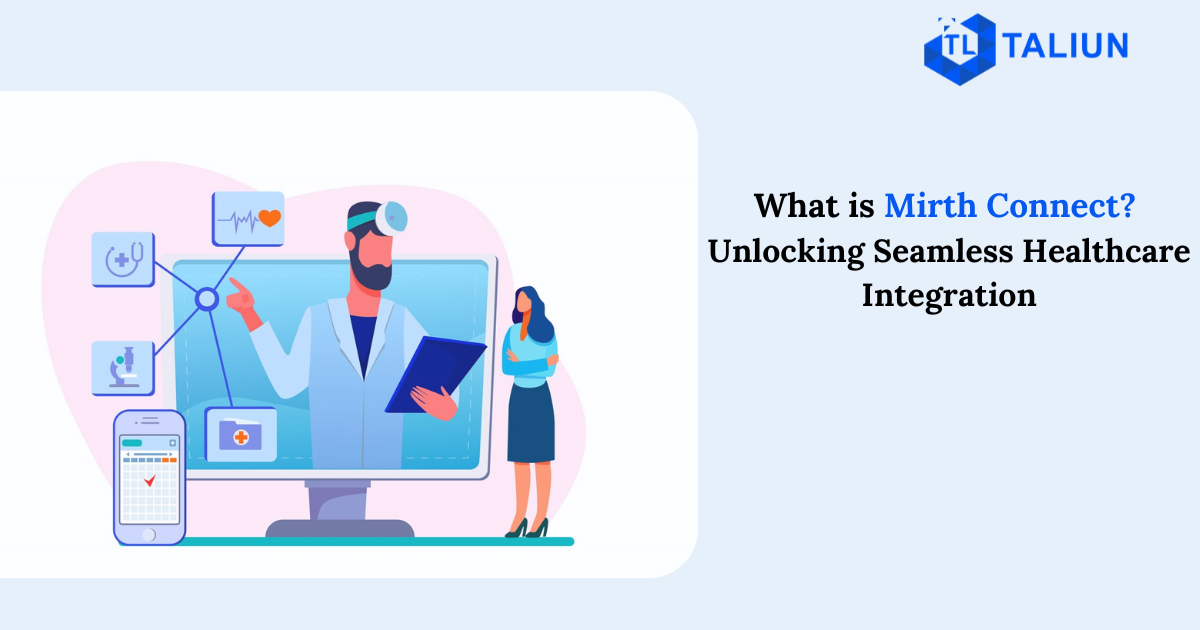Streamlining Healthcare Data Integration: 5 Essential Tools to Consider Healthcare Interoperability

In the healthcare industry, data is the lifeblood that drives patient care, decision-making, and operational efficiency. However, managing and integrating healthcare data can be a complex challenge due to the variety of sources, formats, and regulatory requirements. To address these challenges, healthcare organizations rely on specialized tools designed for healthcare data integration. In this blog, we will explore five essential tools that healthcare providers and organizations should consider for seamless healthcare data integration.
1. Mirth Connect:
Mirth Connect is an open-source healthcare data integration engine that is widely used in the healthcare industry. It enables the efficient exchange of healthcare information across different systems and platforms. Mirth Connect supports various data formats, including HL7, XML, and DICOM, making it versatile for handling diverse healthcare data sources. It offers features such as message routing, data transformation, and real-time monitoring, allowing healthcare organizations to streamline data workflows and improve interoperability.
Key Features:
- Support for multiple healthcare data standards.
- Extensive library of connectors for EHRs, PACS, and more.
- Robust data mapping and transformation capabilities.
- Real-time message monitoring and error handling.
2. Health Compiler:
Health Compiler is a comprehensive healthcare data integration platform that empowers organizations to connect disparate healthcare systems and applications. It provides a user-friendly interface for designing, testing, and deploying healthcare data integration solutions. Health Compiler supports HL7, FHIR, and other healthcare data standards, ensuring compatibility with healthcare data sources. Its real-time capabilities enable healthcare providers to access critical patient information when needed.
Key Features:
- Intuitive visual interface for integration design.
- Support for various healthcare data standards.
- Real-time data processing and routing.
- Comprehensive monitoring and auditing capabilities.
3. Talend:
Talend is a comprehensive data integration and management platform that is widely used in various industries, including healthcare. It offers a suite of tools for data integration, data quality, and data governance. In healthcare, Talend enables organizations to integrate clinical and administrative data from various sources, ensuring data accuracy and compliance with healthcare regulations. It supports both batch and real-time data integration, making it adaptable to different healthcare data use cases.
Key Features:
- Data integration, quality, and governance in a single platform.
- Support for healthcare data standards (HL7, FHIR, etc.).
- Data profiling and cleansing capabilities.
- Scalable and cloud-ready architecture.
4. Cloverleaf Integration Suite:
Cloverleaf Integration Suite, developed by Infor, is a healthcare-specific integration platform designed to streamline the exchange of healthcare data. It offers tools for data mapping, routing, and transformation, making it suitable for handling complex healthcare data integration scenarios. Cloverleaf is known for its robust support of HL7 standards and its ability to connect various healthcare systems, including EHRs, lab systems, and billing applications.
Key Features:
- HL7-focused integration capabilities.
- Secure data exchange and compliance features.
- Advanced data mapping and routing options.
- Real-time monitoring and alerting.
5. Corepoint Integration Engine:
Corepoint Integration Engine is a healthcare integration platform that empowers organizations to connect disparate healthcare systems and applications. It provides a user-friendly interface for designing, testing, and deploying healthcare data integration solutions. Corepoint supports HL7, FHIR, and other healthcare data standards, ensuring compatibility with healthcare data sources. Its real-time capabilities enable healthcare providers to access critical patient information when needed.
Key Features:
- Intuitive visual interface for integration design.
- Support for various healthcare data standards.
- Real-time data processing and routing.
- Comprehensive monitoring and auditing capabilities.
Conclusion:
Efficient healthcare data integration is essential for delivering quality patient care, optimizing operations, and complying with regulatory requirements. The tools mentioned above offer diverse features and capabilities to address the complex data integration needs of healthcare organizations. When selecting a healthcare data integration tool, consider factors such as data standards compatibility, scalability, ease of use, and security features. By investing in the right healthcare data integration solution, organizations can unlock the full potential of their data and enhance healthcare delivery.
Know more about our healthcare data integration services:
Mirth Integration:
Taliun/mirth-integration
Health Compiler Platform:
Healthcompiler.com/integrations
Cloverleaf Integration:
Taliun/cloverleaf-integration
Corepoint Integration (Rhapsody) :
Taliun/rhapsody-integration
Talend:
Talend/integration




